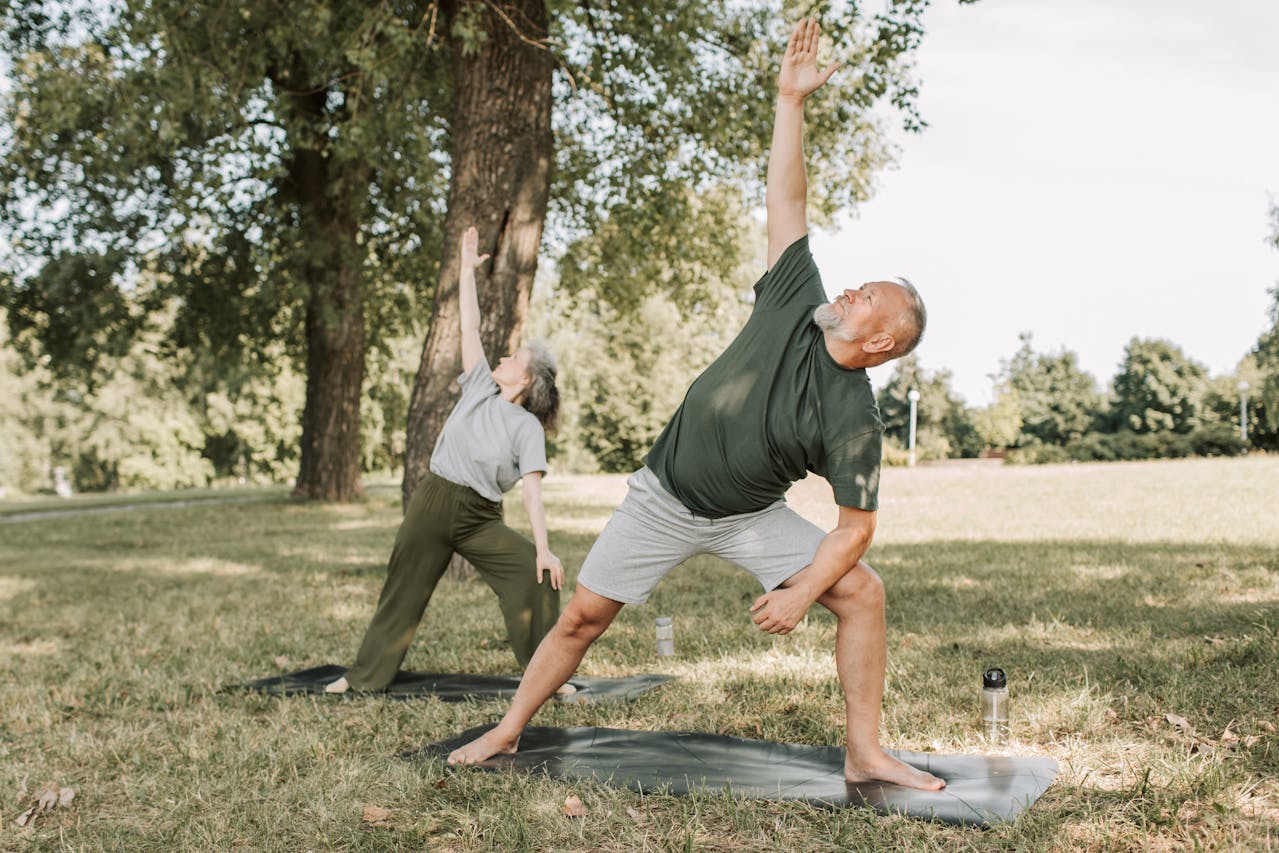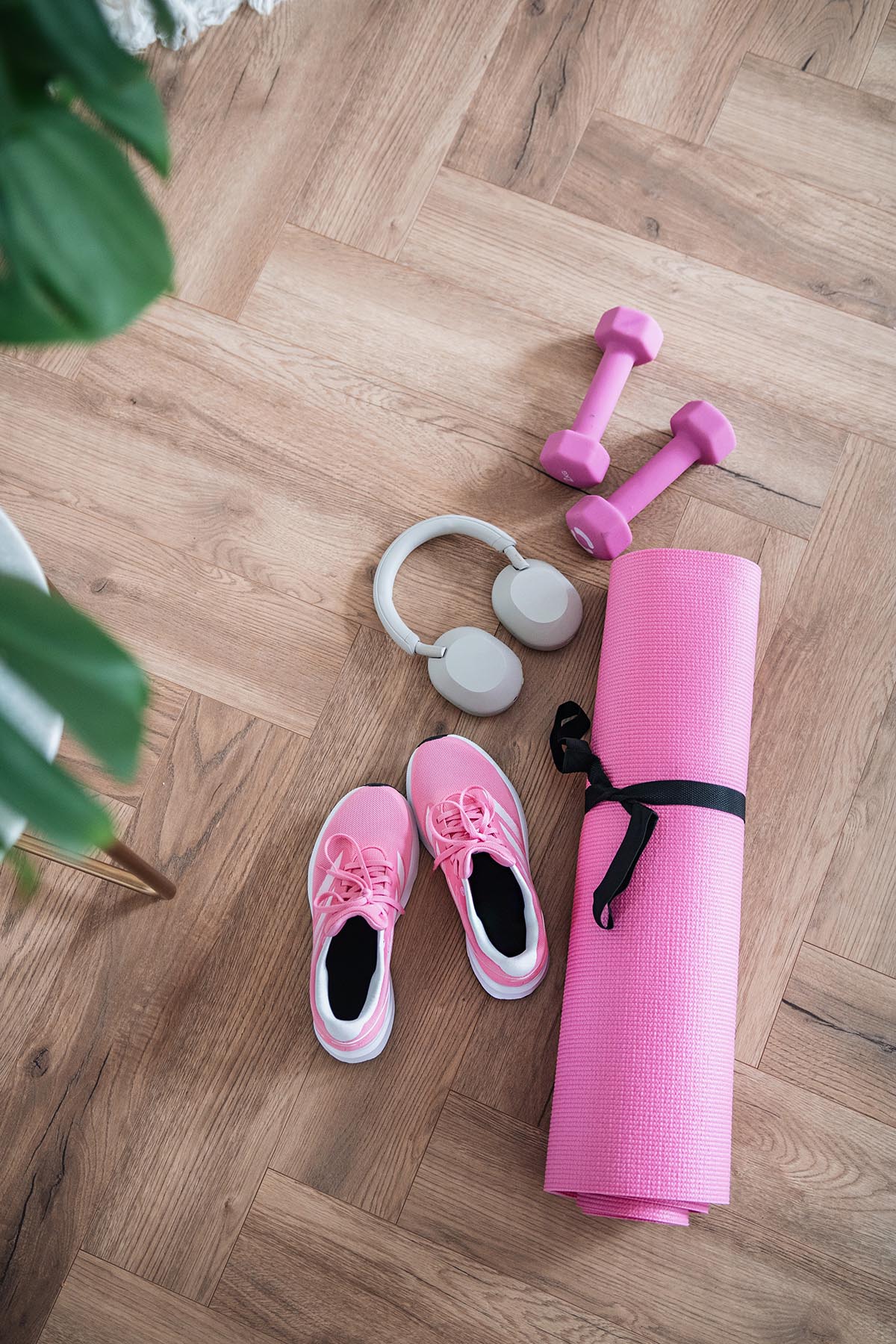
Scoliosis is a condition that affects the alignment of the spine, causing it to curve sideways. While there is no cure for scoliosis, there are steps that can be taken to manage the effects of this condition and promote better spinal health. This article will discuss daily habits that can help individuals with scoliosis maintain a healthy spine and reduce the risk of complications. Incorporating these habits into your daily routine can improve your overall spinal health and quality of life.
Exercise Strategies for Scoliosis
Scoliosis can be challenging to manage, but with the right exercise strategies, individuals with this condition can maintain a healthy spine. Pilates is a recommended physical activity for those with scoliosis, which focuses on strengthening the core muscles that support the spine. By improving core strength, individuals can better support their spine and reduce the risk of scoliosis-related complications. Other beneficial exercises for scoliosis include yoga and swimming, which can help improve flexibility, balance, and overall muscle strength.
Individuals with scoliosis must maintain good posture throughout the day. Proper posture can help alleviate strain on the spine and promote better spinal alignment. Regular stretching exercises are also recommended to help prevent muscle imbalances and increase flexibility. By incorporating these daily habits into their routine, individuals with scoliosis can take proactive steps to promote better spinal health and overall quality of life.
Posture Matters
Maintaining good posture is crucial for individuals with scoliosis to alleviate strain on the spine and prevent further curvature. One important tip for maintaining proper posture is to sit and stand straight with your shoulders back and your head aligned with your spine. It is also important to avoid slouching or hunching over while sitting or standing for extended periods. Additionally, incorporating regular stretching and strengthening exercises into your daily routine can help improve posture and reduce the risk of spinal complications.
Another important aspect of good posture for individuals with scoliosis is being mindful of how they carry heavy objects. When lifting or carrying items, it is important to use proper lifting techniques to prevent strain on the spine. Adjusting your workspace ergonomics to support good posture, such as using a chair with proper lumbar support and positioning your computer monitor at eye level, can also help maintain spinal health. Individuals with scoliosis can improve their overall spinal health and quality of life by making these simple daily habits a priority. If you’re unsure of how to improve your posture safely, make an appointment with a North Sydney chiro who can provide you with expert advice and treatment on how to maintain good posture.
Healthy Eating for a Strong Spine
Healthy eating is crucial in supporting spinal health, especially for individuals with scoliosis. Including nutrient-dense foods in your diet can help strengthen the muscles that support the spine, improve flexibility, and reduce inflammation. To support your spinal health, focus on consuming a balanced diet rich in fruits, vegetables, whole grains, lean proteins, and healthy fats. These foods provide essential vitamins and minerals that help promote bone health and keep the spine strong.
In addition to eating a nutritious diet, staying hydrated is also important for spinal health. Drinking adequate water daily helps keep the spinal discs hydrated and flexible, reducing the risk of disc degeneration and back pain. Limiting the consumption of processed foods, sugary drinks, and foods high in saturated fats can also help reduce inflammation in the body, which can contribute to spinal problems. Making small changes to your diet and focusing on incorporating whole, nutrient-rich foods can profoundly impact your spinal health and overall well-being.
By making conscious choices about the foods you eat and staying properly hydrated, you can support your spine and potentially reduce the risk of complications associated with scoliosis. In addition to incorporating these healthy eating habits, it is recommended that you engage in regular physical activity, practice good posture, and seek guidance from healthcare professionals to develop a comprehensive plan for managing your spinal health. Remember, small changes in your daily habits can significantly improve your spinal health and overall quality of life.
Creating a Supportive Sleep Environment
Creating a supportive sleep environment that optimises spine support is one important daily habit that can improve spinal health for individuals with scoliosis. This starts with setting up your bed to maintain the natural alignment of your spine. To achieve this, investing in a mattress and pillow is recommended to provide adequate support for your spine. A medium-firm mattress is often the best option for individuals with scoliosis, as it can help distribute your body weight evenly and prevent excessive pressure on certain areas of the spine.
For individuals with scoliosis, sleeping on your back with a pillow under your knees can help maintain the natural curve of your spine and promote better alignment. Avoiding sleeping on your stomach, which can put unnecessary strain on your back, is also recommended. Individuals with scoliosis can help alleviate discomfort and improve their overall spinal health by creating a supportive sleep environment and practising good sleep habits.




